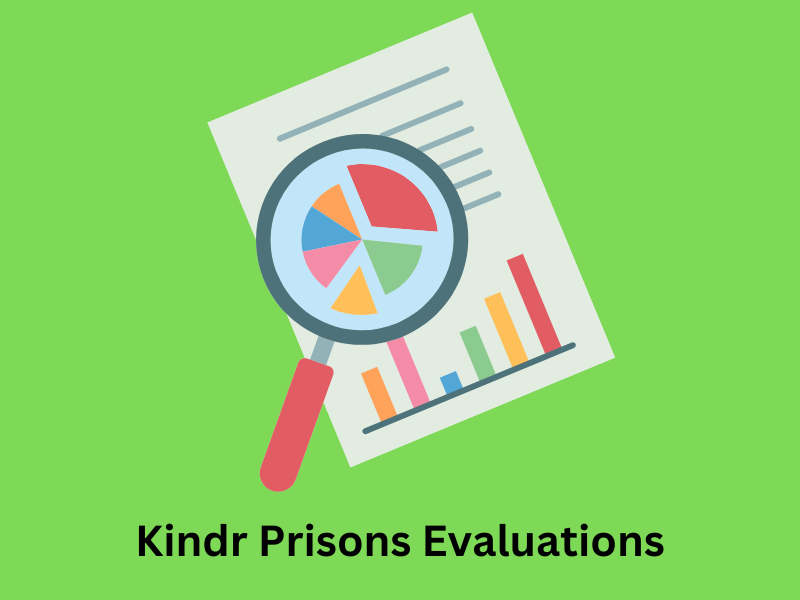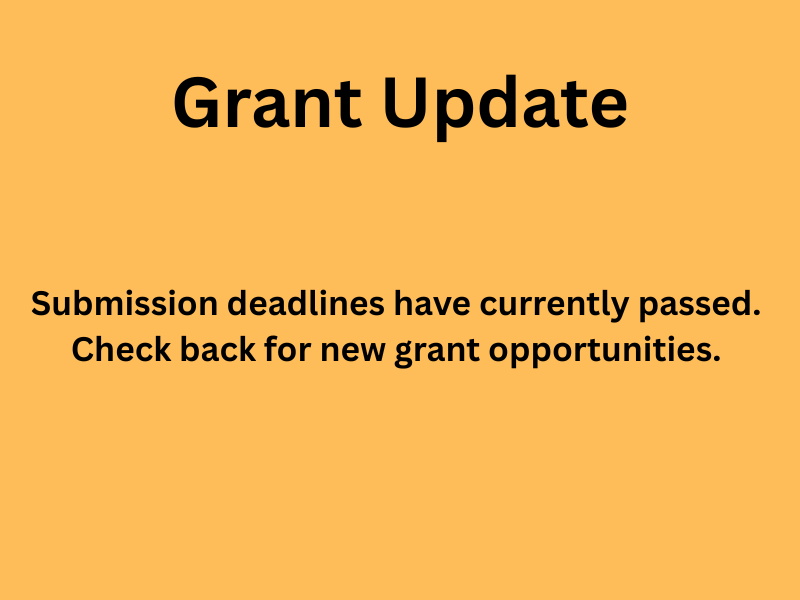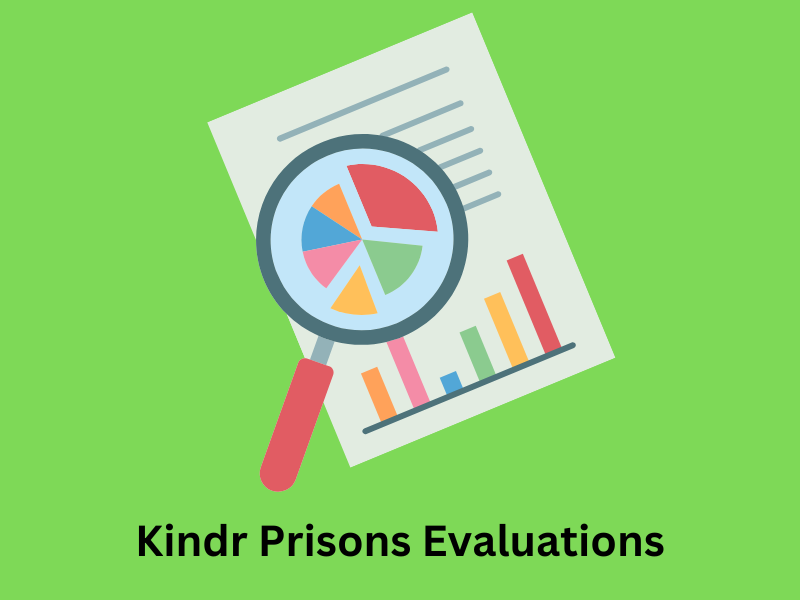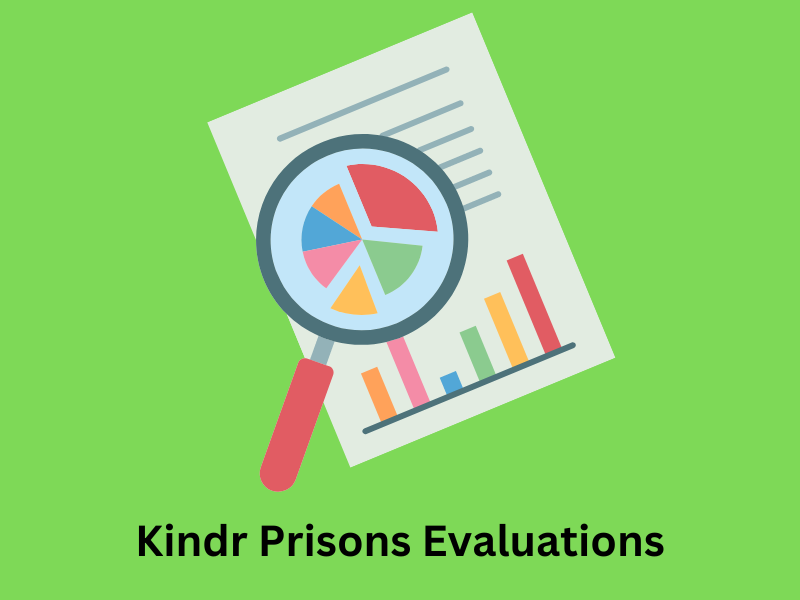
Improving Satisfaction with Life Among Incarcerated Populations: Targeting Perceived Stress as a Mechanism of Action
Improving Satisfaction with Life Among Incarcerated Populations: Targeting Perceived Stress as a Mechanism of Action
October 2023
Bonnie Grossen, Christopher Loan
Purpose: To assess a possible mechanism of action by which prisoners’ satisfaction with life may be influenced by two subscales of a modified Cohen’s Perceived Stress Scale (1983). These mechanisms serve as key criminogenic and protective forces linked with deleterious consequences of incarceration and reoffending.
Methods: Data were collected from 234 prisoners from 34 correctional institutions in California who completed the “Mindful Kindness Program” over a 28-week period. Path analyses are used to trace how mindfulness practices impact satisfaction with life through dimensions of stress via positive and negative indicators of mental health.
Results: Higher knowledge about mindfulness techniques contributed to higher use of mindfulness practices. These practices increase positive indicators of mental health, which lead to greater increases in satisfaction with life. Negative mental health indicators were not associated with satisfaction with life.
Conclusions: Those who are incarcerated may benefit from improved mental health through participation in the Mindful Kindness Program, which is linked with increased satisfaction with life. These mechanisms can be targeted in future interventions to help improve conditions of incarceration and reduce recidivism. These are highlights of the results. Details of the analysis and further findings can be found using the link: PathAnalysis_MKP.pdf









